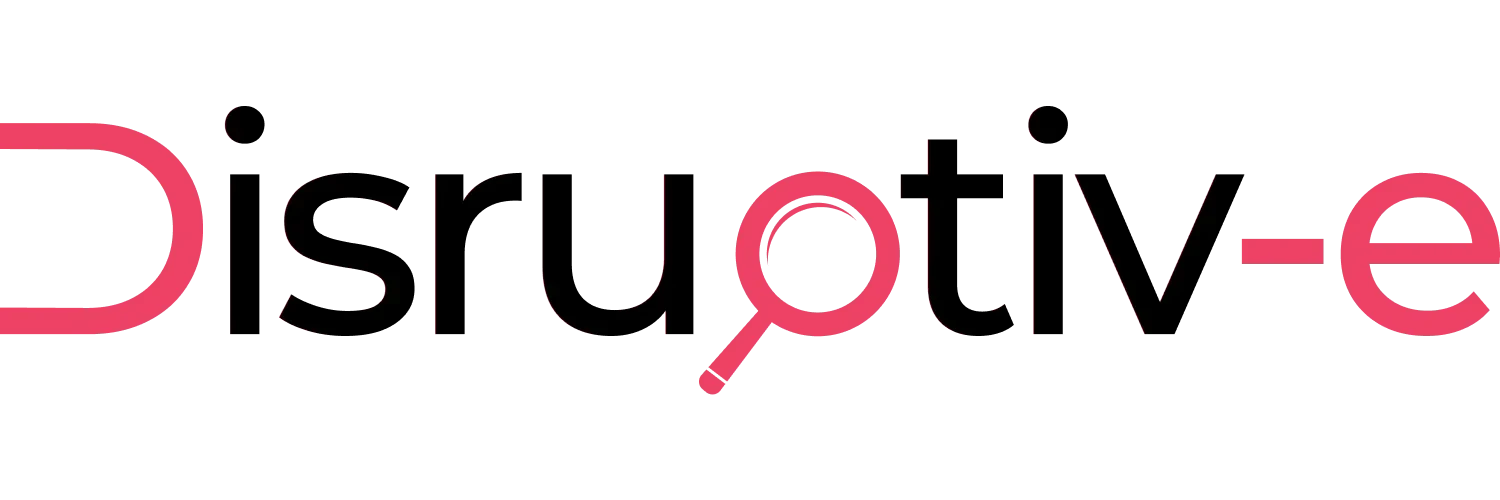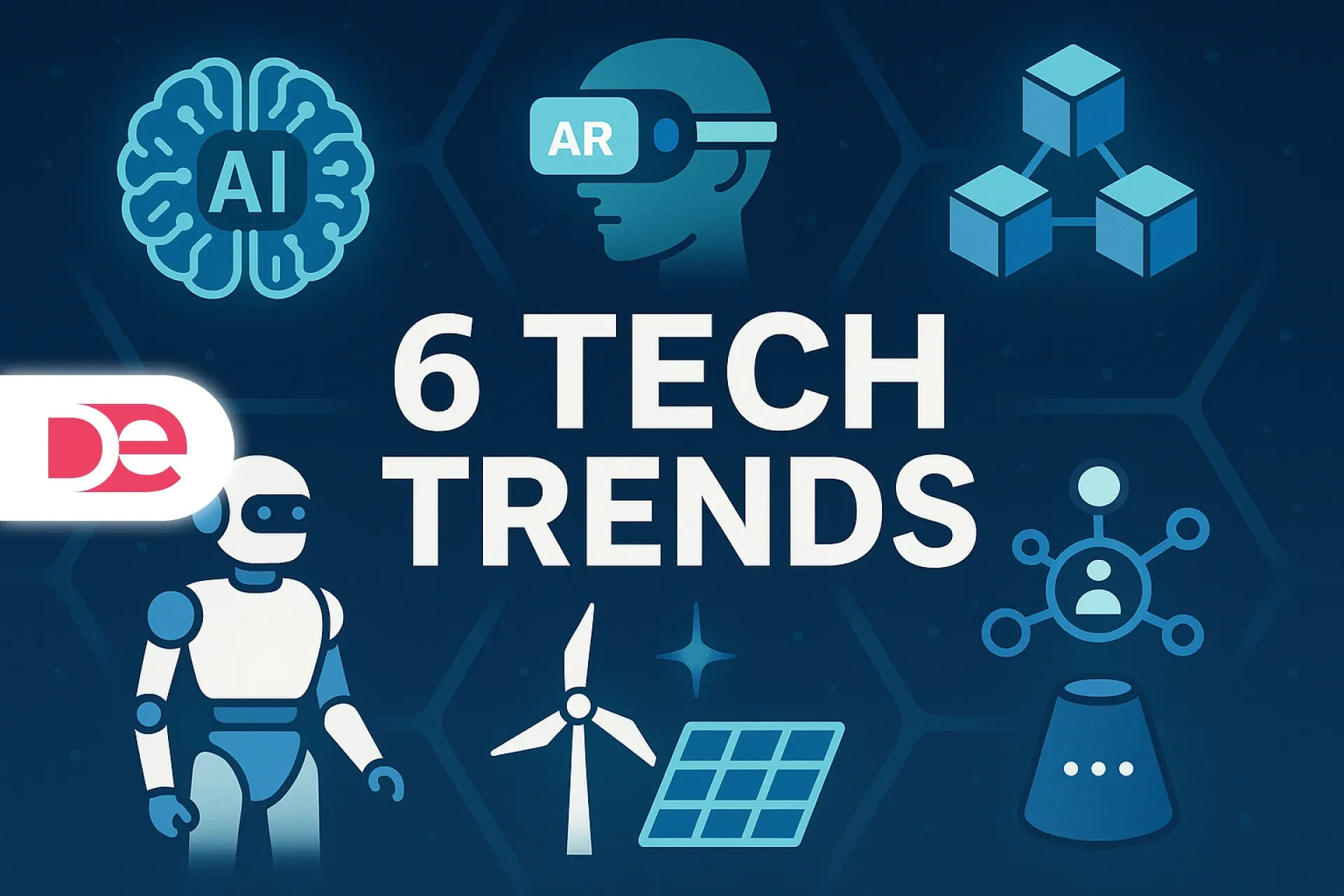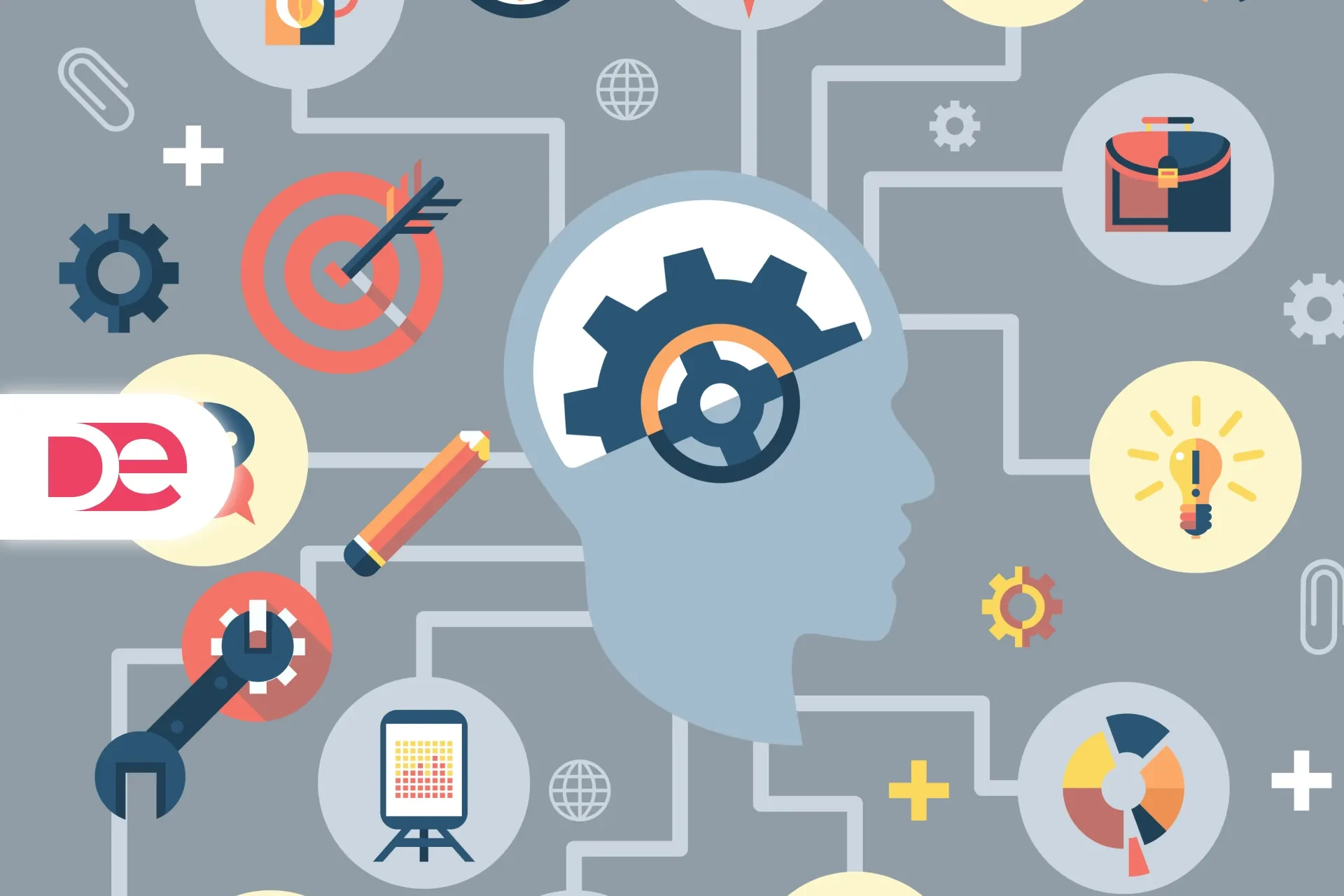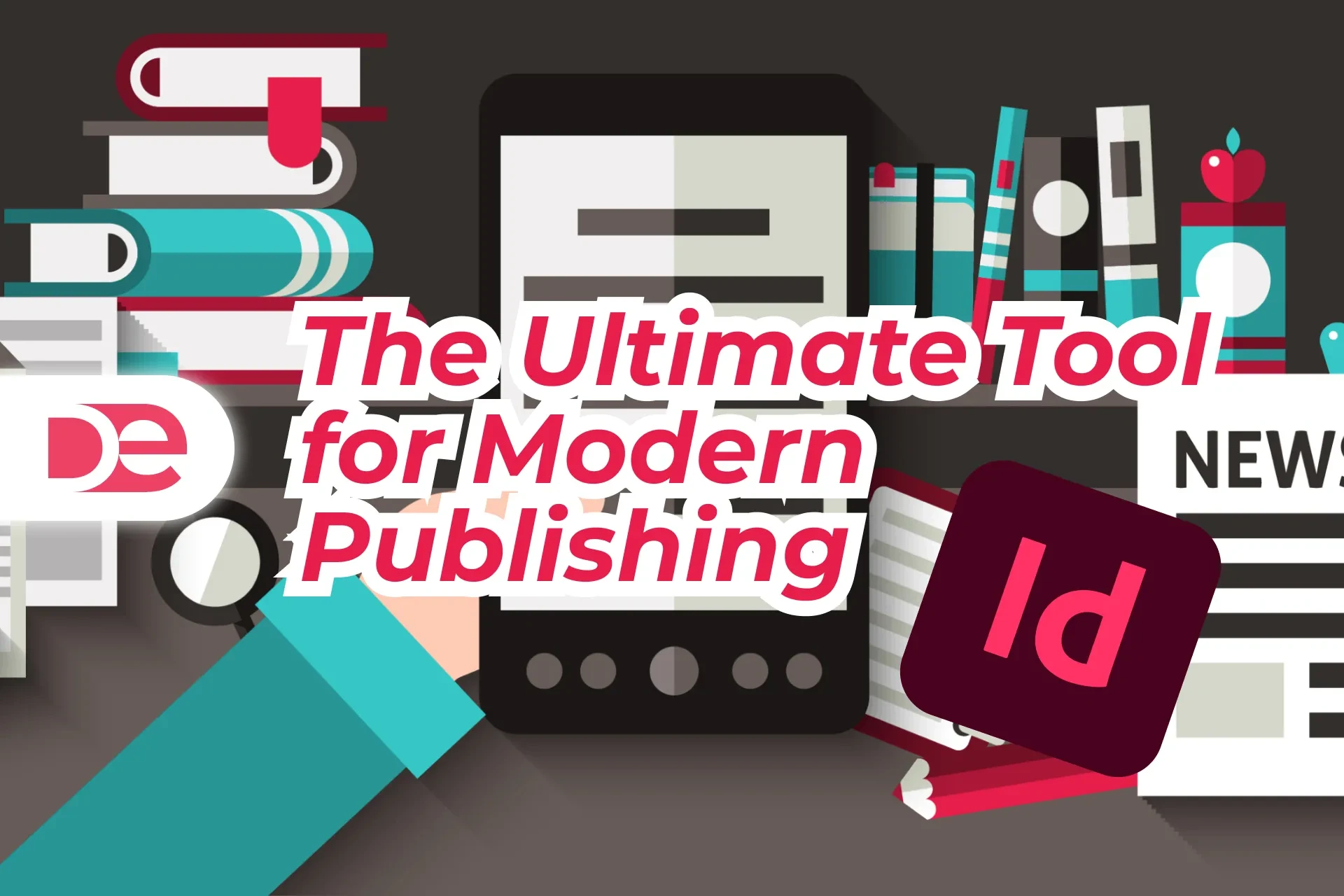Table of Contents
1. Introduction
In today's fast-paced world, automation is no longer optional—it's essential. Fortunately, artificial intelligence (AI) is making automation accessible to everyone, not just software engineers. Whether you're a freelancer, business owner, or part of a corporate team, learning to automate repetitive tasks can help you reclaim time, minimize errors, and focus on high-impact work.
In this guide, we'll explore beginner-friendly strategies and AI tools that can help you streamline your daily tasks without needing to write a single line of code.
2. Why Automation Matters in Daily Life
Key Benefits
• Boost Productivity: Eliminate repetitive work and free up time for strategic initiatives.
• Reduce Human Error: Let AI handle routine processes with consistency.
• Enhance Workflow Efficiency: Connect apps and services to create seamless, hands-free processes.
• Increase Focus: Spend more energy on creative and analytical tasks.
Real-World Insight
A 2024 Deloitte report showed that small businesses integrating AI-based automation saw a 25–30% increase in output and improved team morale. For instance, automating client follow-ups reduced lead drop-offs by over 40% in B2B firms.
3. How AI Is Democratizing Automation
Accessible to Non-Tech Users
Thanks to no-code platforms and natural language interfaces, you no longer need technical expertise to benefit from automation. Modern tools are built with simplicity in mind, allowing anyone to build custom workflows.
Core Enablers:
• Natural Language Processing (NLP): Understand and act on plain-English commands.
• Machine Learning: Adapt over time based on your patterns.
• No-Code Platforms: Build custom workflows using drag-and-drop editors.
Use Cases:
• A boutique e-commerce shop uses AI to automate abandoned cart emails and inventory updates.
• A content creator schedules multi-platform posts using AI, saving 10+ hours monthly.
4. Top Tools to Automate Repetitive Tasks
| Tool | Best For | Ease of Use | Integrations | Pricing |
|---|---|---|---|---|
| Zapier | Multi-app workflows | ★★★★★ | 5000+ apps | Freemium, Paid tiers |
| IFTTT | Simple personal automations | ★★★☆☆ | 750+ apps | Free, Pro plan |
| Power Automate | Microsoft ecosystem automations | ★★★★☆ | Deep MS integration | Freemium, Business plans |
| Automate.io | SMB marketing workflows | ★★★★☆ | 200+ apps | Affordable tiers |
| Make (Integromat) | Complex visual workflows | ★★★★★ | 1000+ apps | Flexible pricing |
Examples:
• A real estate agent uses Zapier to sync property inquiries from their website to Google Sheets and CRM, saving 80% admin time.
• A freelancer uses IFTTT to automatically tweet every time a blog is published.
5. Implementation Tips for Beginners
Setup Strategies:
• Start Small: Automate one task at a time to understand tool behavior.
• Use Templates: Leverage community-made workflows to save time.
• Match Tool to Need: Use Zapier or Make for business flows, IFTTT for personal tasks.
Customize & Optimize:
• Adjust Frequencies: Fine-tune triggers to avoid overload or delays.
• Test Outputs: Always preview automations before going live.
• Monitor & Iterate: Use built-in analytics to refine workflows over time.
Team Use:
• Train Collaborators: Ensure every team member knows how to trigger or manage automations.
• Set Permissions: Assign roles in shared workflows for accountability.
6. Future Trends: What to Expect
Emerging AI Features:
• Voice Automation: Execute tasks via voice commands.
• AI Task Delegation: Tools that automate *and* decide what to automate.
• IoT + AI: Smart integrations that respond to events like calendar or location triggers.
Expert Recommendations:
• Begin with tools offering analytics and support.
• Join communities and attend webinars to stay ahead.
• Reevaluate workflows quarterly to align with evolving goals.
7. FAQs
8. Conclusion
AI-powered automation is changing how we work—and the best part is, you don't have to be an expert to benefit. By starting with intuitive tools like Zapier, IFTTT, Power Automate, and Make, you can transform how you manage time, reduce manual effort, and boost overall productivity. The future of work belongs to those who adapt early.








































